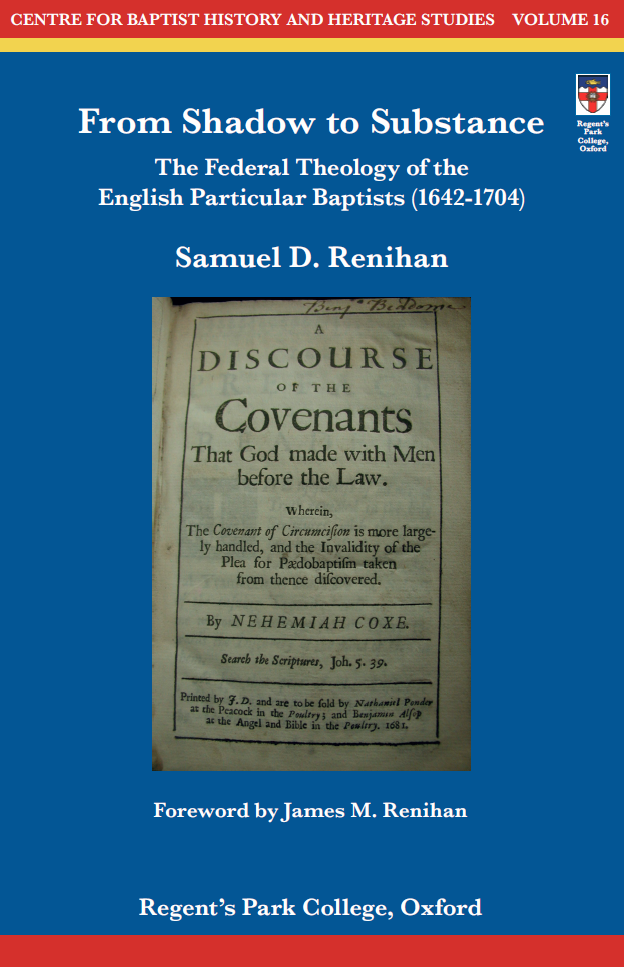In conclusion of this section, wherever Owen’s views logically lead, the Particular Baptists used his insights not simply on the Mosaic covenant, but also the Abrahamic covenant. In light of this, A puritan Theology’s [Beeke & Jones] representation of Owen’s justification of infant baptism may be accurate, but its presentation of the Particular Baptists’ appropriation of Owen and understanding of paedobaptist polemics is not. The Particular Baptists did not miss the location of the justification of infant baptism, nor did they appeal to Owen only on the Mosaic covenant. Thus, pointing out the common use of the Abrahamic covenant as the justification for infant baptism as a reply to the Particular Baptist appropriation of Owen does nothing but make a false implication that the Particular Baptists would not have understood this. As Edward Hutchinson said, quoted above. “And if our opponents think Dr. O. injured (as they are apt to clamour to that purpose) for our improvement of his words to our advantage . . . we say, that they are at liberty to reconcile his words to his practice if they can.”
From “Dolphins in the Woods” by Samuel Renihan.
“Journal of the Institute of Reformed Baptist Studies – 2015“ by IRBS , pg. 75
Buy the journal here

